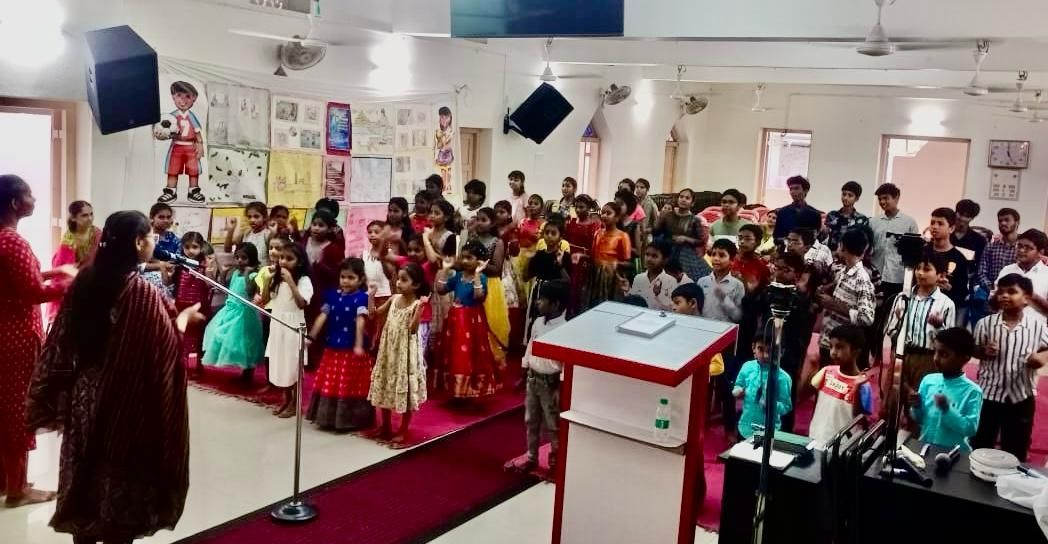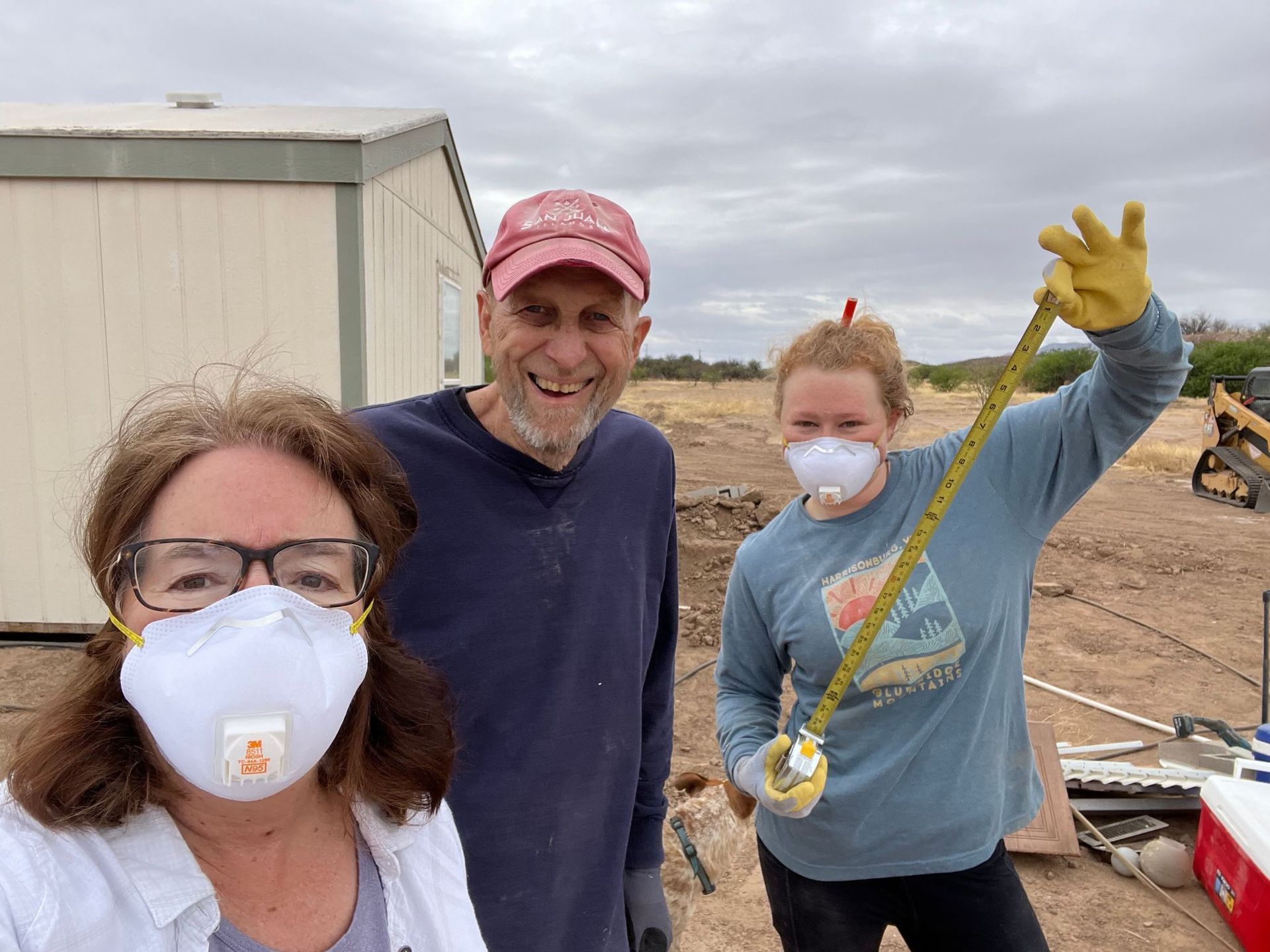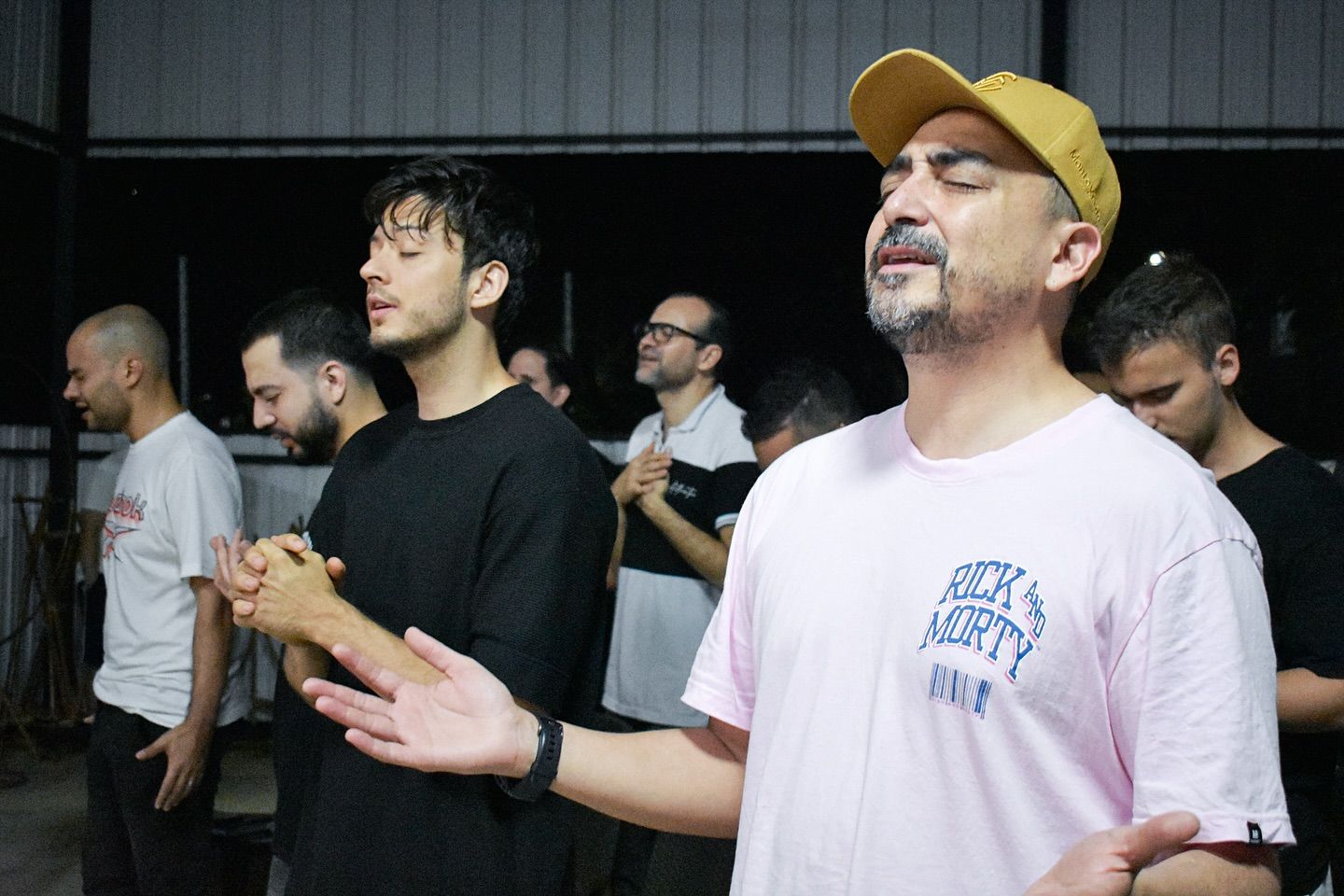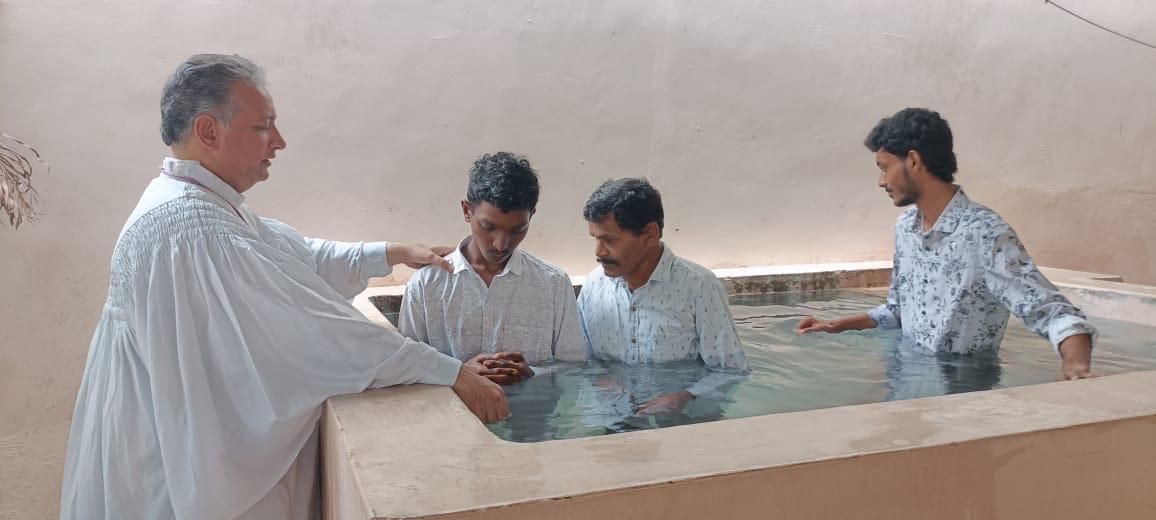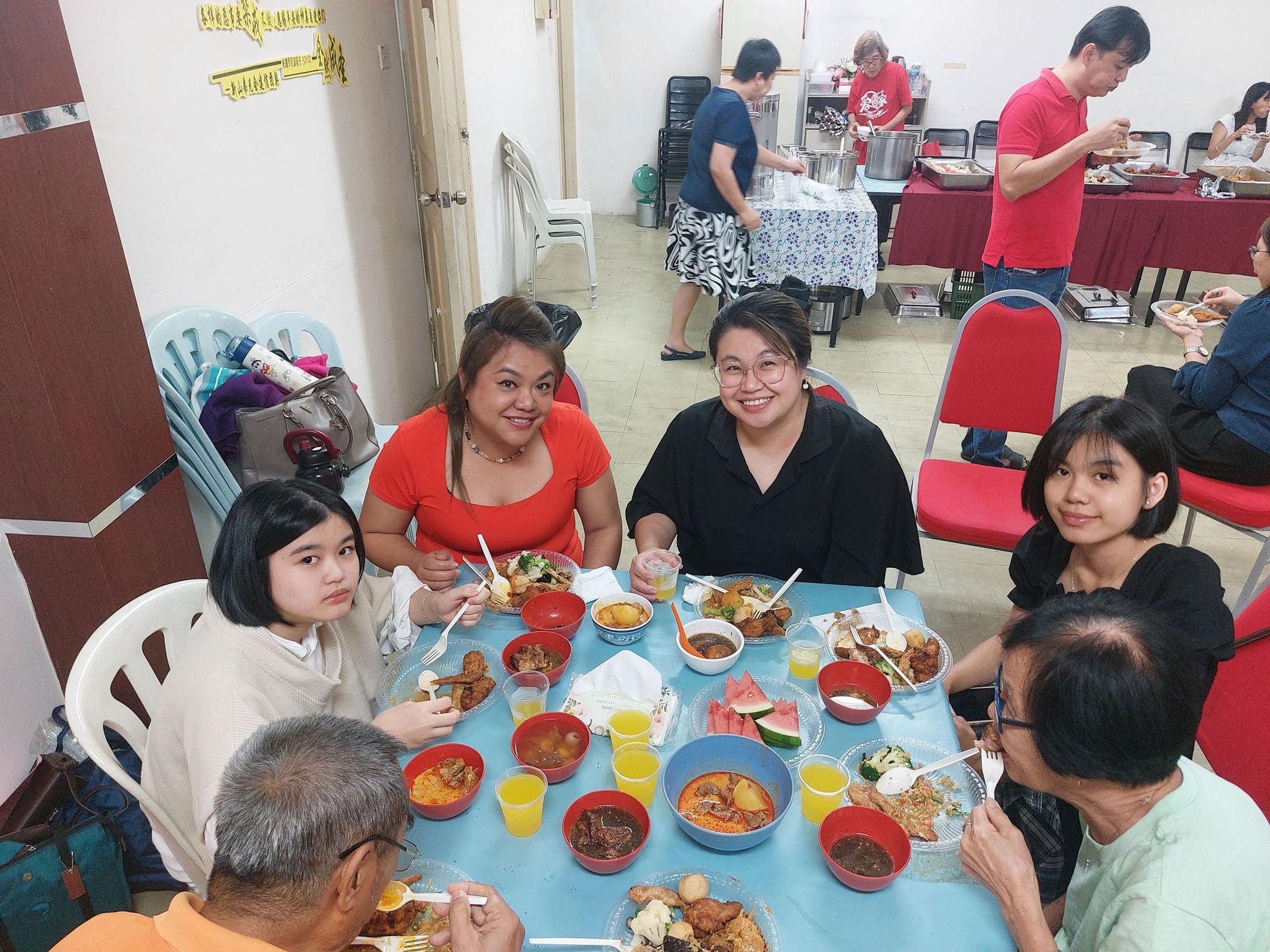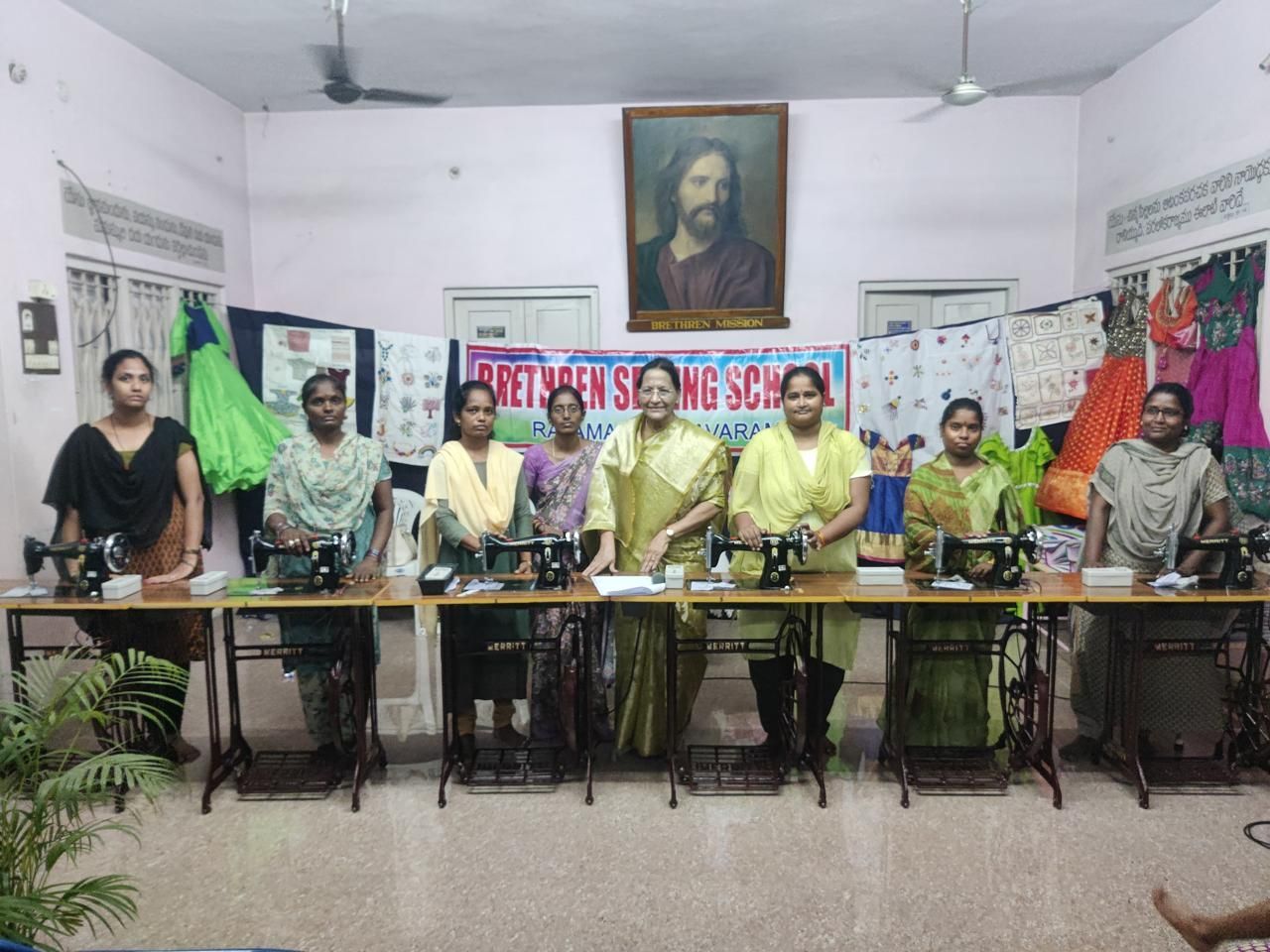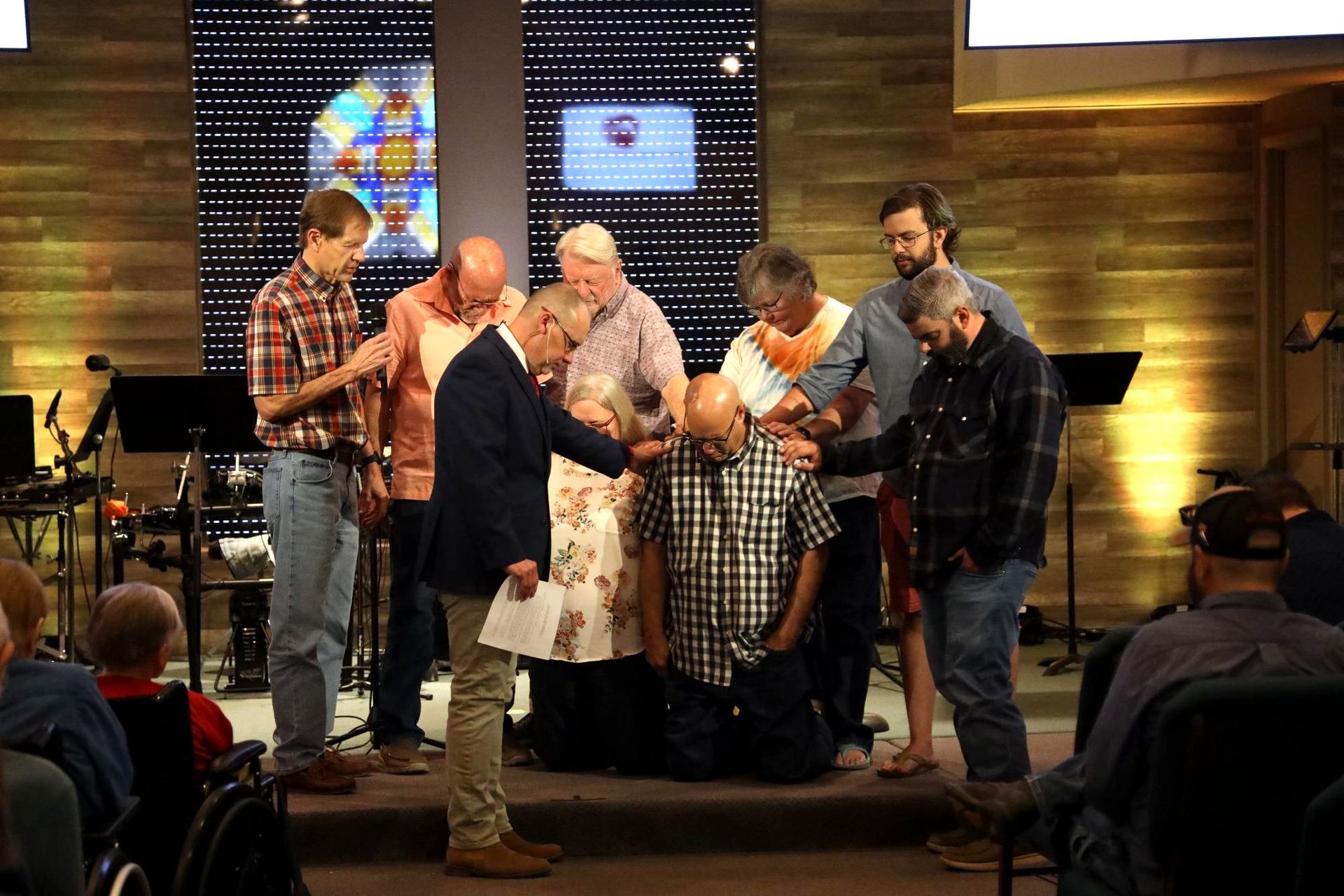To the Next Generation of Church Leaders - Three Reasons to Think Bigger Than Big
“One of the most precious things about the gospel is that it often appears so unstrategic by worldly standards.”
Dear Future Church Leader,
I began seminary eighteen years ago, with my career path already mapped out. My goal was to become an influential pastor in a big church in a big city.
Perhaps it goes without saying that this plan was fueled, at least in part, by prideful desires for attention and applause. But here’s something less obvious and equally important: it was founded upon a deeply-held belief that bigger is usually better; that the place to go to make a difference is a world-class city; that, for a gifted person, ministry in a small place is somewhat of a waste. It turns out this view was shared by many of my peers and professors.
I would venture to say it is still the view of many aspiring to ministry. Who’s excited about the prospect of moving to a small town to pastor a small church? I wasn’t.
“One of the most precious things about the gospel is that it often appears so unstrategic by worldly standards.”
But God surprised me. He called me to be a pastor in a town whose name I had never heard of. You’ve never heard of it, either (for the record, it’s Pepperell, Massachusetts). I’ve been here for a decade and have no plans to leave. What I’ve come to believe, and what I’m passionate to commend to you, is that the equation of “bigger” with “better” is out of step with the very gospel we set ourselves to ponder and proclaim. In fact, the message and values of the gospel itself will send some (not all) of us to small places and encourage us to stay there.
Please don’t misunderstand me: my goal is not to persuade you to go to a small place. It is to persuade you to be joyfully open to God persuading you to go to a small place if he chooses to do so. For the sake of your own soul, and for the sake of God’s glory in both the small and big places, I long for you to be excited if you receive God’s clear call to Nowheresville.
Pondering the gospel has taught me several things that call into question my previous assumptions. These are the building blocks of a theological vision for small-town and rural ministry that now sustains my ministry.
1. Strategic isn’t always what we think.
A good part of the drive toward urban church planting and city ministry in the past generation has come from a desire to be strategic, to maximize Christian influence in the culture for the sake of spreading the gospel. Cities are full of young, educated, successful people. If we reach them, we will shape the broader culture, preparing the way for the gospel to advance. This view has borne lots of good fruit, and there is much to commend it.
But something important will be lost if this becomes our only way of thinking. As we reflect deeply on the gospel, we see how its message, values, and priorities might lead some of us in a different direction. One of the most precious things about the gospel is that it often appears so unstrategic, so lavish and wasteful, by worldly standards. Think of the shepherd who leaves his ninety-nine sheep to go after one (Luke 15:3–7). Think of Mary anointing Jesus’s feet with a pound of expensive ointment rather than selling it to raise money for the poor (John 12:1–8). Think of Jesus himself befriending the oppressed and the outsider, or the apostle Paul gathering those who were not wise, powerful, or noble according to worldly standards (1 Corinthians 1:26–31).
“A call to a small, unstrategic place is in fact the most strategic way of reaching that particular place.”
The gospel teaches us that strategic isn’t always what we think. The best “strategy” to reach someone you know and love with the gospel is not to influence someone else who will eventually influence them. It’s to spend time together, go deep in friendship, and serve them. And, in fact, the very nature of the gospel gives us permission and encouragement to invest in “unimportant” people — the gospel announces that God crushed his own Son for them.
I believe God does call some people, at some times, to big-picture thinking — to considering how to influence the wider culture and the greatest number of people possible. I’m thankful for those whom he has gifted to do such thinking. But we should be aware that strategizing of that sort can easily play to pride and is often best not done by recent seminary graduates and newly minted pastors.
A call to a small, unstrategic place is in fact the most strategic way of reaching that particular place. It is also a beautiful picture of the extravagant, sacrificial love proclaimed in the gospel itself, which changes people not because of what they can contribute (in leveraging influence with others), but because of what they can’t contribute (in saving themselves). A whole life lived in, and a whole ministry dedicated to, a small, unimportant place will embody and express precious aspects of the gospel that a fast-moving, highly-successful, “influencing the influencers” ministry cannot.
2. Small is probably better than we think.
Our culture generally prefers and privileges big things to small things. This includes the size of the places where we live. Small places are often despised. Think of all those stereotypes of undereducated, gap-toothed, tobacco-spitting, inbred, backroads hillbillies and simpletons.
Sadly, this translates into Christian culture, too, often creating a sense of inferiority among small-place pastors. Rural pastors may observe the well-designed websites, large churches, and active social media platforms of their urban counterparts, and begin to feel dissatisfied with (and even embarrassed by) their own ministry, people, and place. It’s not surprising, therefore, when gifted seminary students feel that the place for them is a big church in a big city.
But we should ask: is the preference for big a cultural value or a gospel value? We need our minds renewed through meditation on the gospel. God never disdains what is small and unimpressive. In fact, he frequently delights in it.
The Son of God came as a baby and gathered just twelve disciples during his brief life and ministry. The remnant theology of the Bible whittles humanity down to just one man, then says salvation is achieved through his one death, and that the end-time general resurrection begins with his one resurrection. The kingdom of God comes like a mustard seed, as a hidden bit of leaven. Each time we receive the Lord’s Supper, we declare our appreciation for what is small: we receive a tiny bit of bread and a tiny cup as the first foretastes of a great future messianic banquet. In gospel logic, small is often very good.
“The smallness of a place may (or may not) be a reason to go there, but it should never be a reason not to go there.”
This does not, of course, mean that big is necessarily bad. The baby Jesus grows into a man; the resurrection of one leads to the resurrection of many; and the mustard seed grows into a mighty tree. Nor does it mean that small is always good. If a church is small because poor preaching and leadership is choking the life from it, or because there’s no sense of mission and no evangelism, that’s a bad kind of small. My point is that the nature of the gospel itself shows that small is not always or inevitablybad (as our culture, both secular and Christian, often seems to believe). Small is probably better than we think.
Future church leaders, please hear this: the smallness of a place may (or may not) be a reason to go there, but it should never be a reason not to go there.
3. Slow is often wiser than we think.
Our culture prizes efficiency and speed, and prefers things done fast. And of course, things tend to happen faster in cities. Big urban churches may plan new initiatives and plant new churches with dizzying speed and success. Rural pastors, meanwhile, can feel stuck in first gear as they wait for the building committee to debate the color of the new toolshed.
In fact, many people living in small places actually prefer slow. One sociologist interviewing small-town residents discovered that their favorite part of small-town life was that things didn’t change. They valued trustworthiness and depth of relationship — things that only come slowly.
As you pursue ministry with a desire to impact the world for Christ, the speed of the big places will likely be very appealing. Because of our built-in, culturally-encouraged desire for fast impact, it’s especially important to slow down and study the gospel. The gospel sometimes spreads rapidly through a people group, and sometimes radically changes an individual overnight. But of course, that’s not the only (or even the main) way it works.
“Focus on your ministry’s depth. Let God tend to its breadth.”
Consider how the gospel has impacted your own life. You were saved the moment you first believed, but we can all identify areas of our lives in which progress has come very slowly. My long battle with envy and slow growth in contentment have played out over time, not overnight. The gains have been hard-won — never hasty. The gospel works more often like a steady, soaking rain than a firehose spray.
So, the gospel itself demonstrates that slow is sometimes okay; it is often wiser than we think. Fast is not necessarily bad, and neither is slow. There is great freedom for restless pastors (and ambitious seminary students) in this knowledge.
Think Bigger Than Big
What do I wish I could say to myself eighteen years ago as I entered seminary? Please think very big about things that are truly big: God’s character, God’s gospel, God’s mercy, God’s glory. Know, and firmly believe, and often remind yourself that these truly big things do not depend on the size of your place, your church, your ministry, or your reputation.
Focus on your ministry’s depth. Let God tend to its breadth. Remember that when we think too big in terms of ourselves or our place, we’re limiting how God may be pleased to surprise and use us, which means we’re not thinking big enough. So, think bigger than big. As you consider what comes next after seminary, please don’t limit yourself to big places. Open yourself to the leading of your big God and go joyfully wherever he calls you.
Stephen Witmer (@stephenwitmer1) is the pastor of Pepperell Christian Fellowship in Pepperell, Massachusetts, and teaches New Testament at Gordon-Conwell Theological Seminary. He helps to lead Small Town Summits, which partners with The Gospel Coalition New England to serve rural churches and pastors. He and his wife, Emma, have three children.
